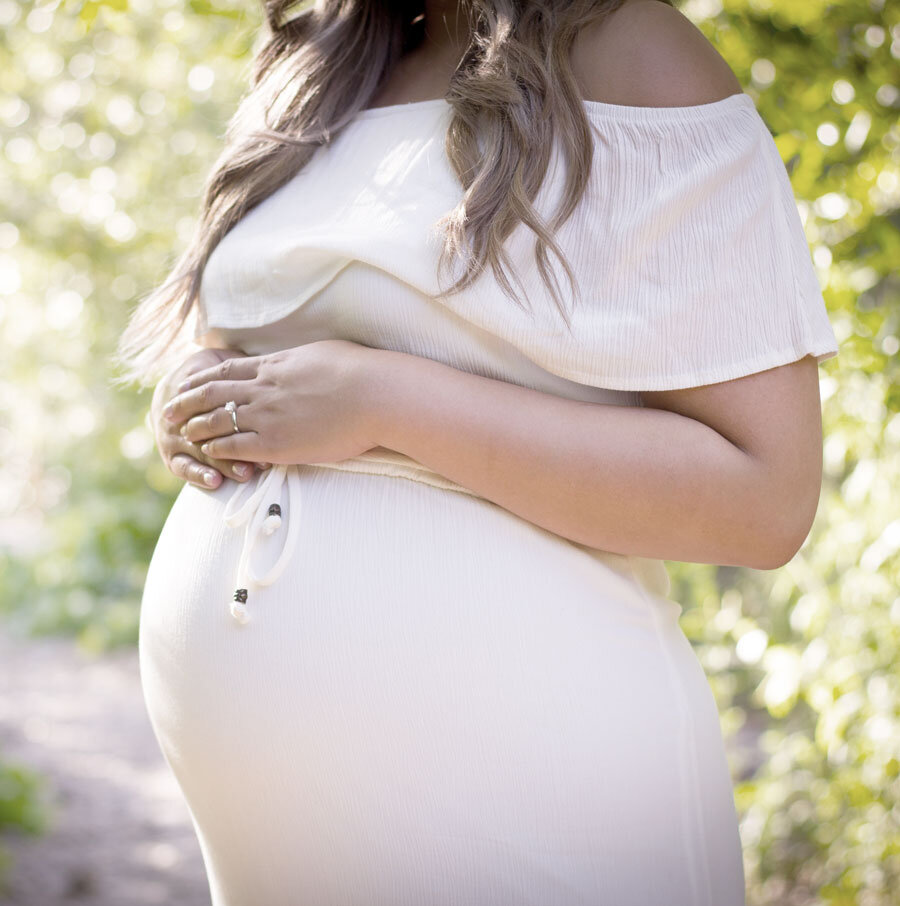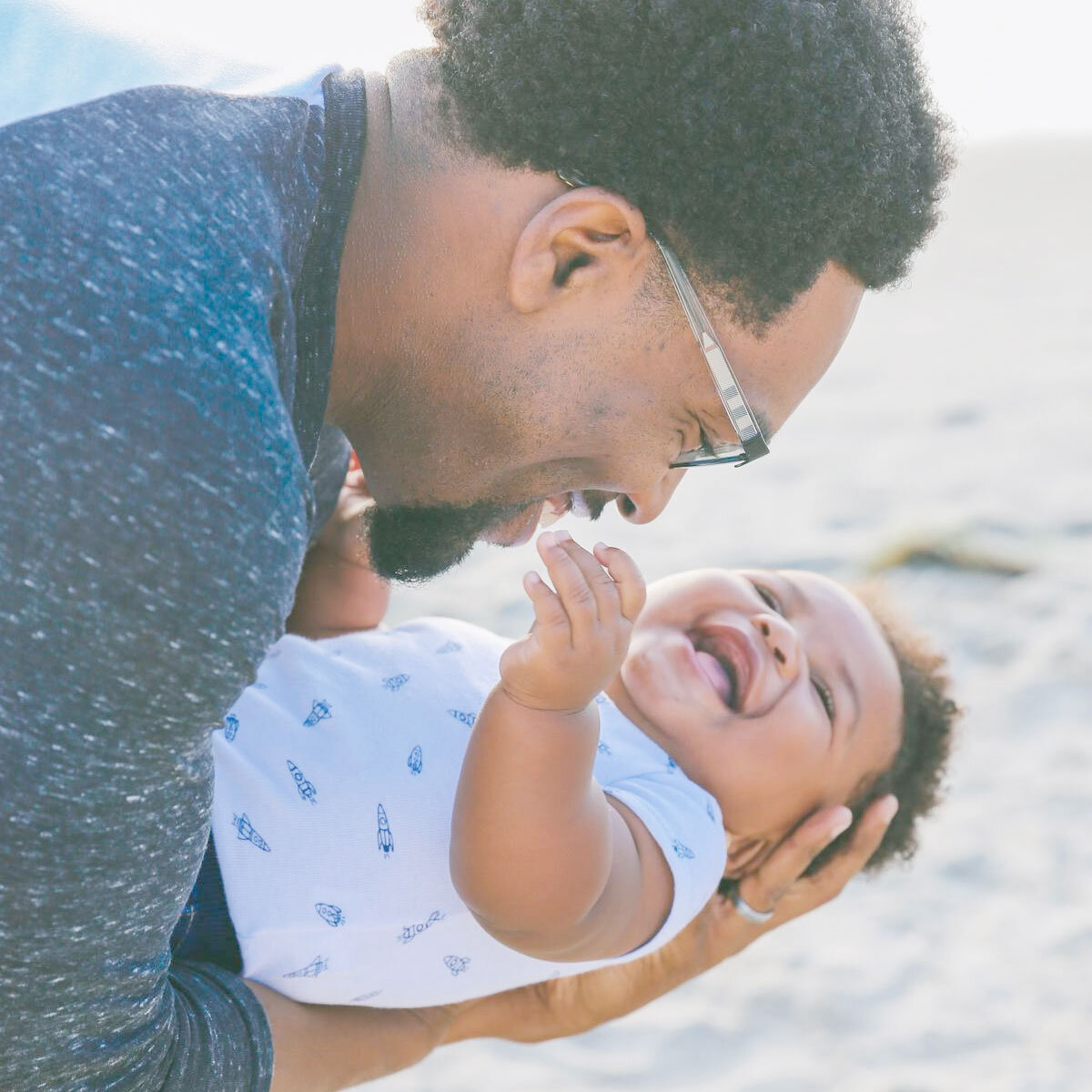pregnancy
Pregnancy + Postpartum Mental Health
PREGNANCY
Pregnancy is a time of great transition. Your body is changing, your hormones are shifting, and you are preparing to take on many new responsibilities as a mother. You want this to be a time of great joy and excitement. However, many women are surprised by the range of different emotions they feel.
For some women, including those with a history of infertility or pregnancy loss, or who are experiencing medical complications, pregnancy can be a time of great anxiety. Pregnancy can also bring up old memories or feelings from your past. Some women feel sad or depressed during their pregnancy. Getting help for these issues can help you and your baby prenatally, and can often reduce the chance of problems in the postpartum period.
"The journey of a thousand miles
begins with one step"
-Lao Tzu
Being a New Mom is Hard.
After having a baby, many women struggle with identity shifts and attachment concerns. It is also common to experience a loss of independence, relationship changes, isolation, questions about returning to work, body image issues, and a wide range of emotional highs and lows. New moms need to feel supported during this time. I am here to help with these and other complicated issues that often accompany the transition to parenthood.
Many new mothers (1 in 7) will suffer from a postpartum mood or anxiety disorder within a year of giving birth. Often, women who experience postpartum mood disorders are aware that something is wrong. However, postpartum depression or anxiety symptoms often leave them feeling ashamed, confused, and alone. As an expert in postpartum mental health, I will partner with you to understand your experience and to help you feel better quickly. I treat a wide range of reproductive mental health issues that develop during and after pregnancy, including depression, generalized anxiety, obsessive compulsive disorder, panic disorder, and post traumatic stress disorder. These disorders are very treatable and with help, you can feel well again.
Common Postpartum
Depression Symptoms:
Feeling sad, depressed, and/or crying a lot
Loss of interest in usual activities
Feelings of guilt, worthlessness or incompetence
Fatigue, irritability, sleep disturbance
Change in appetite
Poor concentration
Feeling inadequate to cope with the new infant
Suicidal thoughts
Common risk factors for developing a postpartum mood or anxiety disorder:
Prior history of depression, anxiety, or bipolar disorder
Sensitivity to hormonal changes (history of PMS)
Cumulative sleep deprivation
Conception following infertility treatments
Difficult pregnancy or traumatic birth
Breastfeeding difficulties
Lack of support
Relationship problems
Other life stressors
Common Postpartum
Anxiety Symptoms:
Intense anxiety; rumination, obsessions
Panic attacks
Desire for perfectionism
Excessive worry about baby’s health
Repeated thoughts or images of frightening things happening to the baby
Postpartum Counseling Can Help
You want nothing more than to bond with your new baby. This should be a happy time. Yet, sometimes it feels more like a dark period in your life. You are filled with anxiety or sadness that you can’t fully explain. It can feel lonely. The good news is that therapy can help. Through counseling, you can process your emotions, develop new coping strategies, and begin to connect with your baby. I specialize in working working with moms who feel overwhelmed by the transition to parenthood. I understand the unique stressors that come during the postpartum period, and I know how to help you feel well.
Dads and Perinatal Distress
Dads can also suffer during the perinatal period. In fact, research shows that 1 in 10 dads feel depressed, and up to 18 percent develop a clinically significant anxiety disorder at some point during the pregnancy or the first postpartum year. Like women, men who have struggled with mental health issues in the past, who have significant life stressors, and who are dealing with relationship concerns are at higher risk for anxiety or depression after the birth of a baby. Moreover, feeling excluded from the mother-infant bond is an additional risk factor for men.
In my practice, I work with dad’s who do not feel like themselves during their partner’s pregnancy and following birth. Like mothers, dad’s who seek treatment can feel better, and can more fully embrace life, parenthood, and their relationship with their partner.
Couples in the Perinatal Period
Regardless or whether you or your partner feels anxious or depressed, as a couple you may experience shifts in your relationship during pregnancy and the transition to parenthood. With all of the stresses new parents face, it is not surprising that many couples say they feel less connected and less happy in their marriage or relationship right after having a baby.
As a couples counselor, I help new parents communicate and work through their difficulties. I also help them develop ways to stay connected and strong as they navigate the new world of parenthood as a team.





